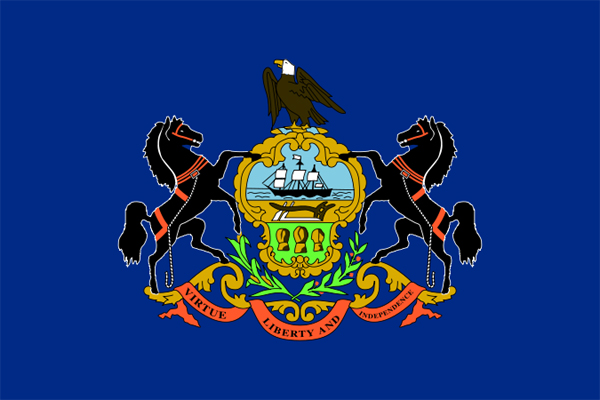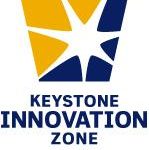Harrisburg, PA – The departments of Human Services (DHS) and Education (PDE) have announced they are issuing a Request for Applications (RFA) for the establishment of community-based models to help economically disadvantaged families create a path out of poverty through post-secondary education, job skills training, and comprehensive supports.
“Too many single-parent families in Pennsylvania and around the country feel limited by their economic situation and pursuing education or job training on their own creates risks that parents feel they cannot navigate on their own,” said DHS Sec. Teresa Miller. “We are committed to supporting families in economically challenging circumstances to equip them with tools and supports necessary to help them change their family’s trajectory and, most importantly, to help them realize that they are not alone in this journey.”
The state’s program – Parent Pathways – was first funded in Governor Tom Wolf’s 2019-2020 budget, which included $2.5 million to support partnerships to develop and implement programs for post-secondary education and training for single parents. Parent Pathways models must focus on post-secondary education and training partnerships, housing supports, and two-generational programming that supports healthy child and family development.
“A quality education can be the key to securing a good job with a livable wage – but single parents often encounter obstacles when working to advance their education or skills,” said Secretary of Education Pedro A. Rivera. “The Parent Pathways model leverages a community’s resources through local partnerships and strategic investments to help a parent gain the skills they need to find sustainable employment and raise their family.”
The RFA seeks to support models in five geographic regions across Pennsylvania through technical assistance and a learning network to support developing individual implementation plans. Parent Pathways models will have the flexibility to develop a community-specific plan that considers the make-up of the community, needs of potential families to be served, and resources available to meet the needs of the specific community and families served. The goal is to support innovative models that open doors and eliminate barriers for single-parent families, be it through post-secondary education or vocational training. Once implementation plans are developed, funding may be awarded to support implementation of plans that best meet the objectives of the Parent Pathways initiative.
The Parent Pathways model was inspired largely by Misericordia University’s existing Ruth Matthews Bourger Women with Children Program (WWC). The WWC program assists single mothers and their children who are living at or near poverty level obtain college educations and continue into professional careers. The program is designed to break barriers surrounding intergenerational poverty and provide whole-person supports to address social determinants of health. One-hundred percent of WWC graduates continue directly into professional careers and/or graduate school upon graduation.
Most of the women participating in WWC are survivors of domestic violence, homelessness, food insecurity, and other similar circumstances. All participants in the program secure government assistance in Supplemental Nutrition Assistance Program (SNAP) and a child-care subsidy by fulfilling a 10 hour-per-week work requirement to meet eligibility criteria for the county subsidy.
A study from the Institute for Women’s Policy Research found that investing in higher education opportunities for single mothers benefits these families and the broader Pennsylvania economy. Research found that a single mother with a bachelor’s degree is more than 70 percent less likely to live in poverty than if they just had a high school diploma and save money from public assistance programs across their lifetime.
In September 2018, DHS and PDE issued a Request for Information (RFI) to broaden the departments’ perspectives on existing models like the WWC and explore potential opportunities to implement a program statewide that would help expand higher education opportunities for low-income, single-parent families. A summit was held in April 2019 that brought together more than 200 partners in higher, secondary, and early childhood education, health care, workforce development, housing, and other human services fields to discuss the Parent Pathways model and two-generational, whole person and family supports.
Responses to this RFA are due by March 23, 2020. For more information about the Parent Pathways RFA, visit www.emarketplace.pa.gov.
For more information about the Parent Pathways initiative, visit https://padlet.com/eita/ParentPathways.
For more information about DHS, visit www.dhs.pa.gov.




